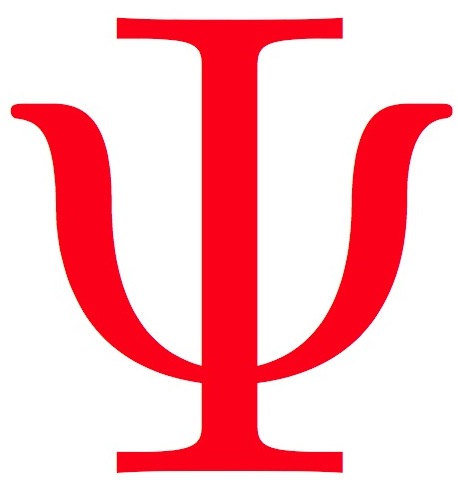Decoherent Histories Quantum Mechanics
Generalizations in Fixed Spacetimes
Quantum mechanics is arguably the most successful framework for prediction in the history of physics. Why seek to generalize it?There are at least two reasons: Alternative theories that are close to quantum mechanics but not quantum mechanics itself help motivate and analyze the experiments that test it. Beyond that there is cosmology. An application of quantum mechanics to the whole universe is an extension vastly beyond the theory's domain of successes. Textbook quantum theory must be generalized to apply to a closed system like the universe. Dechoherent histories asformulated on [xxxx] is an adequate framework for this when gross quantum fluctuations in the geometry of spacetime can be neglected. But when they can't be neglected, as in the very early universe, a further generalization is needed [yyy]. This page is one of two devoted to generalizing the decoherent histories quantum theory discussed on [DH]. In this page quantum spacetime is neglected. It is dealt with in the papers on the other page [yyy].
Generalized Quantum Theory [some chapters of Les Houches]
wwww
Time Symmetry and Asymmetry in Quantum Mechanics and Quantum Cosmology [96]
(with Murray Gell-Mann) We investigate a generalized quantum mechanics for cosmology that utilizes both an initial and a final density matrix to give a time-neutral formulation without a fundamental arrow of time and is therefore time-neutral. Time asymmetries can arise for particular universes from differences between their initial and final conditions. Theories for both would be a goal of quantum cosmology. A special initial condition and a final condition of indifference would be sufficient to explain the observed time asymmetries of the universe. In this essay we ask under what circumstances a completely time symmetric universe, with T-symmetric initial and final condition, could be consistent with the time asymmetries of the limited domain of our experience.
Unitarity and Causality in Generalized Quantum Mechanics for Non-Chronal Spacetimes [101]
Spacetime must be foliable by spacelike surfaces for quantum mechanics to be formulated in terms of a unitarily evolving state vector defined on spacelike surfaces. When a spacetime cannot be foliated by spacelike surfaces, as in the case of spacetimes with closed timelike curves, a more general formulation of quantum mechanics is required. In such generalizations the transition matrix between regions of spacetime where states can be defined may be non-unitary. This paper describes a generalized quantum mechanics that can be applied to such situations. The usual notion of state on a spacelike surface is lost in this generalization. The generalization is acausal in the sense that the existence of non-chronal regions of spacetime in the future can affect the probabilities of alternatives today.
Spacetime Alternatives extended over time
Textbook quantum mechanics gives probabilities for alternatives at a definite moment of time. But this is an idealization. Measurements extend over some time interval. And in quantum gravity where spacetime geometry is not fixed but varying quantum mechanically there is no precise meaning to `at a moment of time'. For these reasons textbook quantum mechanics needs to be generalized to give probabilities for alternatives that extend over time. The papers below show how to do that.
Spacetime Coarse Grainings in Non-Relativistic Quantum Mechanics [95]
A sum over histories generalization of non-relativistic quantum mechanics is constructed from the following ingredients: i) A set of fine-grained histories that are Feynmann paths, ii) Coarse grainings defined as arbitrary partitions of these paths into classes not necessarily those defined by alternatives at definite moments of time, and iii) a decoherence functional defined by sums over histories in coarse grained classes. This is used to analyze the decoherence and probabilities for simple spacetime alternatives. An example is the set consisting of two histories defined by whether a particle crosses a fixed spacetime region sometime, or never.
Nearly Instantaneous Alternatives in Quantum Mechanics [109]
(with R. Micanek) This paper shows how alternatives extended over time reduce to those at one time as the time over which they are extended gets smaller and smaller. Decoherence becomes automatic, and the probabilities approach usual ones at a single moment of time.
Representations of Spacetime Alternatives and their Classical Limit [133]
(with G. Bosse) Like all classical quantities, spacetime alternatives that extend over time can be represented by different quantum operators. For example, operators representing a particular value of the time average of a dynamical variable can be constructed in two ways: First, as the projection onto the value of the time averaged Heisenberg picture operator for the dynamical variable. Second, as the class operator defined by a sum over those histories of the dynamical variable that have the specified time-averaged value. We show both by explicit example and general argument that the predictions of these different representations agree in the classical limit and that sets of histories represented by them decohere in that limit.

